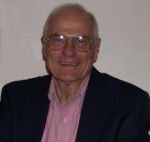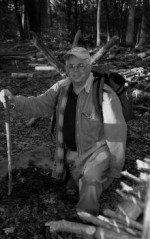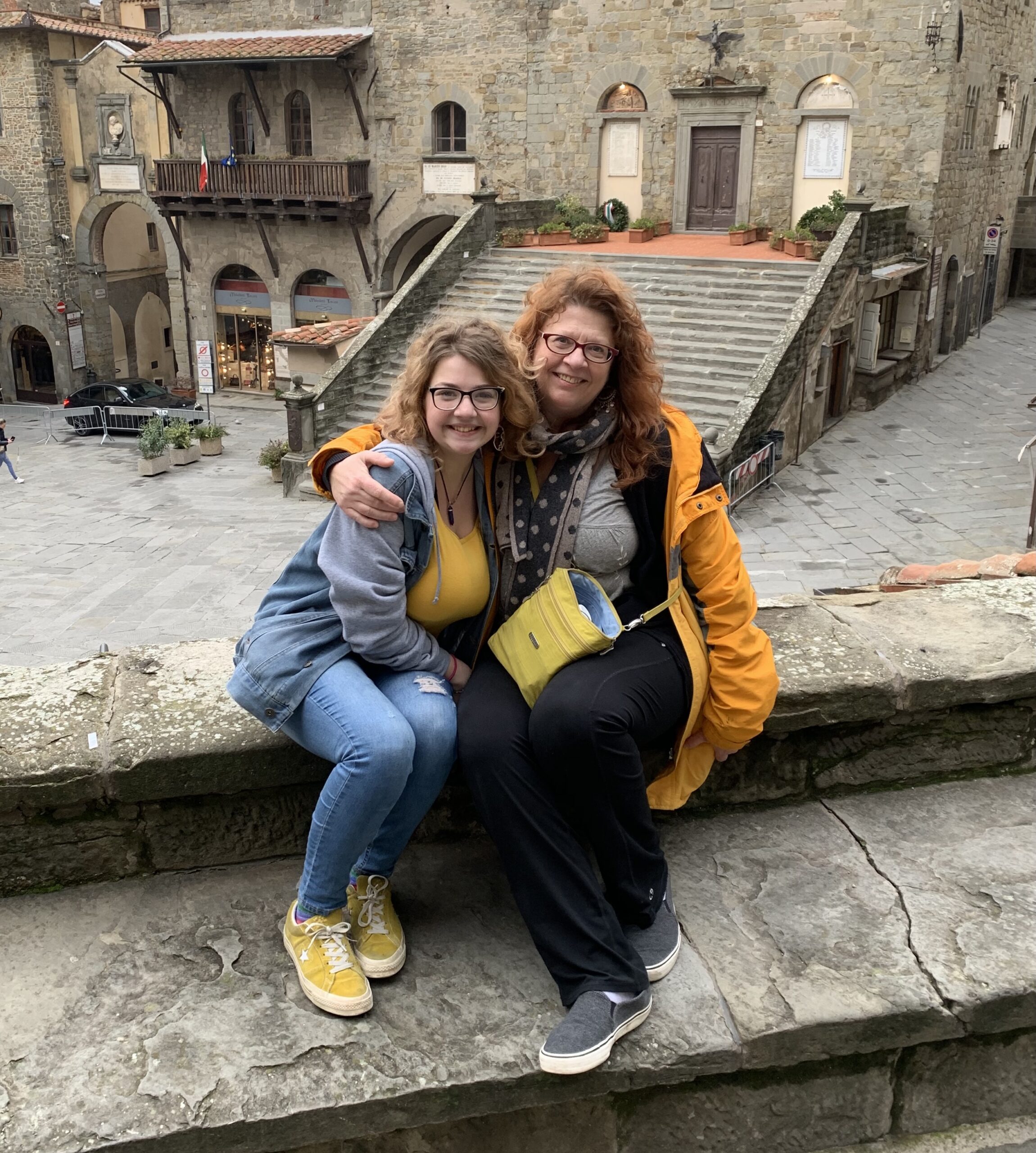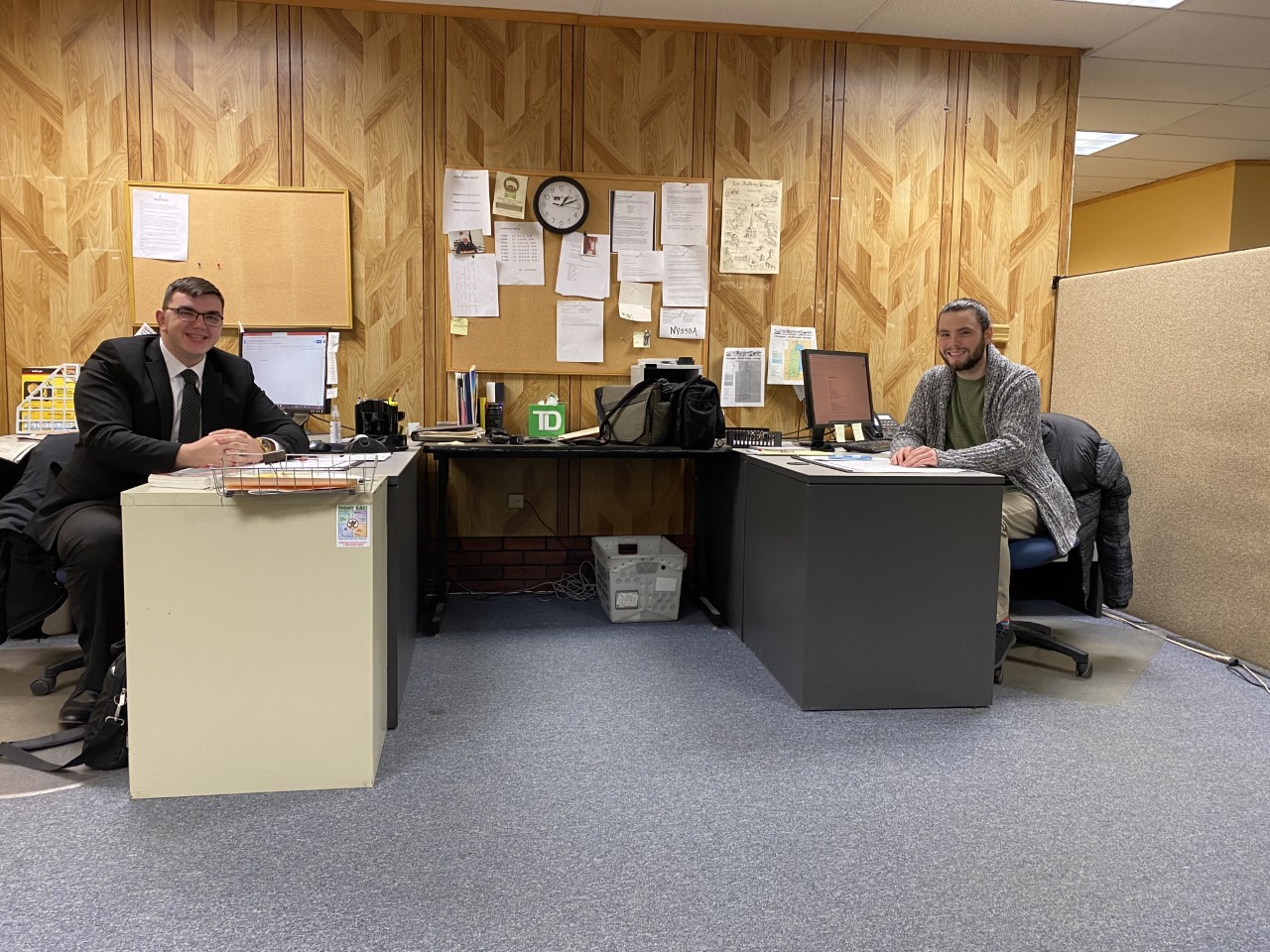Alumni Profile

Dick Richardson is a 1954 graduate who currently serves as professor of higher education and chair of the Department of Administration, Leadership and Technology at New York University and professor emeritus of Educational Leadership and Policy Studies at Arizona State University. He and his wife, Pat, have three sons, three daughters-in-law, three granddaughters and five grandsons. They spend as much time as they can manage at a home in Pagosa Springs, Colo. where they enjoy hiking, backpacking, riding and fly fishing.Castleton Preparation
When I entered Castleton, the only courses of study were elementary school teaching and junior high school teaching. This posed something of a challenge for someone who was very sure he didn’t want to do either.
However, the price was right. In that era, Castleton charged no tuition in return for a promise to teach in the state one year for each year of free tuition. As the first in my family to graduate from high school, the small size and friendly faculty helped in social adjustment.
The course offerings were very limited outside the area of education and tended to replicate what those of us who had been in a college preparation track had already covered in high school. The small faculty worked hard to do the best job they could for preparing us to teach in Vermont public schools.
I signed up for the Marine Corps Platoon Leaders Candidate Course and was commissioned a 2nd Lieutenant upon graduation in 1954. Castleton qualified me for the PLC program. I also met my wife at Castleton and we continue to enjoy a great marriage 51 years later. When I left the Marine Corps in 1957 with the G.I. Bill, I was admitted to a master’s degree program at Michigan State University. It was a little bit of an adjustment after Castleton, but I was prepared. After completing the degree, I returned to Vermont for my first teaching job at Vermont College in Montpelier, then a small two-year, church-related college for women.
At Vermont College, I taught a course in children’s literature that was based on a similar course I had taken (without much enthusiasm then) at Castleton. So you can see that Castleton had a good deal of influence on my early career, although not always in ways that the faculty would have predicted.
Influential Instructors
When students of my era talk about faculty members, the name of Charlie Wright always emerges. Mr. Wright tutored both my brother (1958) and I in advanced math course not then offered by Castleton that helped us survive in graduate studies later on. He was also a friend, who could turn from a disciplinarian (which we gave him plenty of reasons for exercising) into a counselor when he sensed that more than ordinary mischief was at work in a student’s life. Edith Ewald, who taught courses only taken by women was also a friend, who opened our lives to community and state happenings. Dick Sleeman taught a very good general science course despite the almost total absence of anything resembling the labs Castleton students now enjoy. James Keech loved to teach alcohol education. His great sorrow we all believed was that he was not an alcoholic so that he could have taken advantage of all the wisdom he imparted. Certainly Chan Mosher, who taught English and sometimes refereed basketball games also deserves mention. In fact, it would not be hard to name all 12 to 15 of the faculty members we studied with. We all ate our meals together in a dining room that accommodated the entire Castleton community so we were much closer than any college student could experience today.
What Castleton Means
The campus where you live as an adolescent and learn how to be an adult is always with you. For me, it means living in the Old Chapel my freshman year, coffee and English muffins at the Castleton Diner, having a winning basketball season (Castleton’s first) in my senior year, finding a lifetime companion who is a perfect match, and laying the foundation for a productive life.
It also means watching the college develop over the years into the fine institution it has become and knowing that those who attend today still experience something special in public higher education, a campus with caring people and a manageable size. That is incredibly important for students who may still be among the first in their families to attend college.





